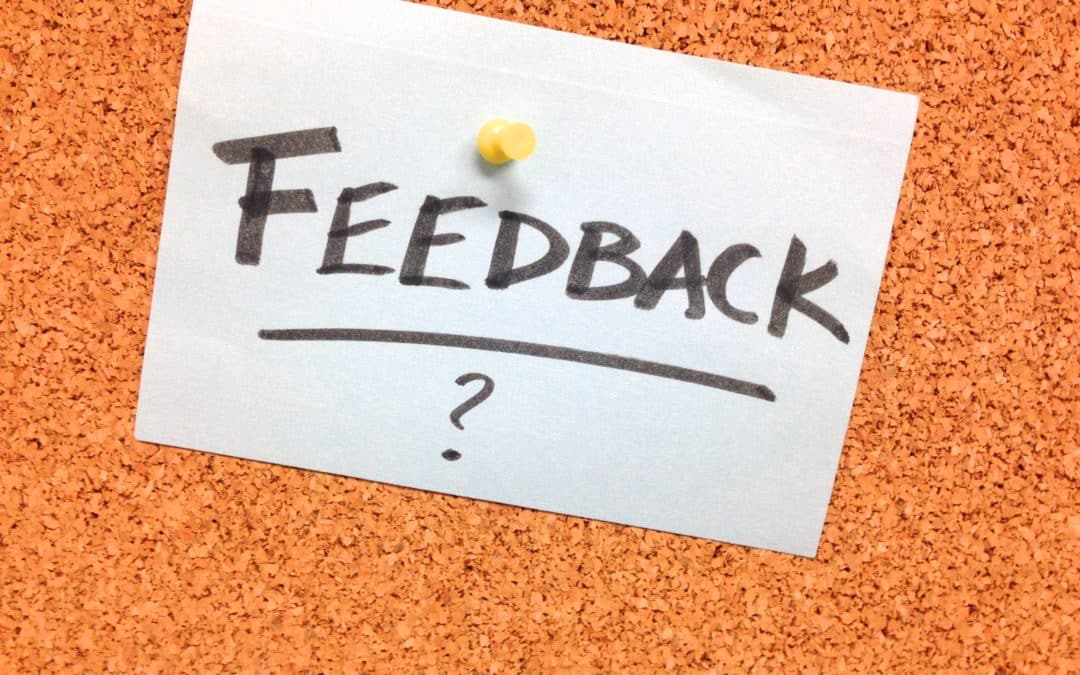By Meg Dennison
What comes to mind when you hear the word feedback?
Performance reviews at work, your spouse’s criticism, a comment about your dating life or your colleague’s unhappiness with the last project you managed? They are all feedback, and since we are hardwired to see the negative, we often resist others’ assessment of us and our behaviors.
Feedback is an important aspect of self-awareness, which is the cornerstone of conscious leadership. Conscious leaders invite all possible feedback, notice when they get triggered, shift out of being triggered, and then evaluate the feedback to see how it is true.
Feedback Helps Us Grow As Leaders
Without it, we wouldn’t see what we could be doing better or what we’re already doing very well. Feedback, giving and receiving, is essential to our growth as leaders.
As a conscious leader committed to growth, how can you take in feedback, sort out what fits for you, and act on it? We cannot change the way feedback is given, but we are completely responsible for how we receive it.
Three Ways To Make Feedback Friendly:
Feedback is Your Friend
- Accept that all feedback is for you, even if it’s delivered badly and you feel reactive. You are human, and your reactivity is simply a natural protective response. The fearful part of your brain doesn’t know the difference between something truly life-threatening and that “funny” look your boss gave you.Feel defensive? Then take a few belly breaths to get oxygen to your brain. Pause. Notice your body sensations and your emotions (fear, sadness, anger, joy and creative feelings). Any thoughts? Do you hear yourself saying: Hey, that’s not true! or You’re wrong! aloud or inside your head? Get up, take a walk or move around for a few minutes to dissipate the stress hormones. Other mammals literally shake off fear automatically; we humans must remind ourselves.
Ask How is it True?
- Feedback is about giver. They are delivering their observation or experience through their lens; you have no control. So you are receiving the feedback through your lens and you add meaning to whatever they say. Get curious about the feedback. If your colleague complained about you being late on a project, repeat back the assertion to make sure you understand. Ask yourself: How is that true? There’s usually a grain of truth in most feedback. Making a practice of asking HOW is that true turns defensiveness to wonder and opens the door for learning.
Look for the Patterns
- Pay particular attention to feedback you hear from more than one person or more than three times. Is it a blind spot? Are you operating in a pattern that’s so familiar you don’t see it? This way of being may be familiar or served you well in the past (or maybe not!), but is it helping you grown now? From a place of curiosity, ask for clarity and actionable suggestions. The key is becoming aware of your patterns so you can notice and change them. Having compassion – not criticism – for yourself when you see unhelpful patterns speeds the process.
Download Your Reactivity Recipe and learn your special sauce for reacting to stressful interactions.
Photo Courtesy of Alan Levine, Creative Commons

